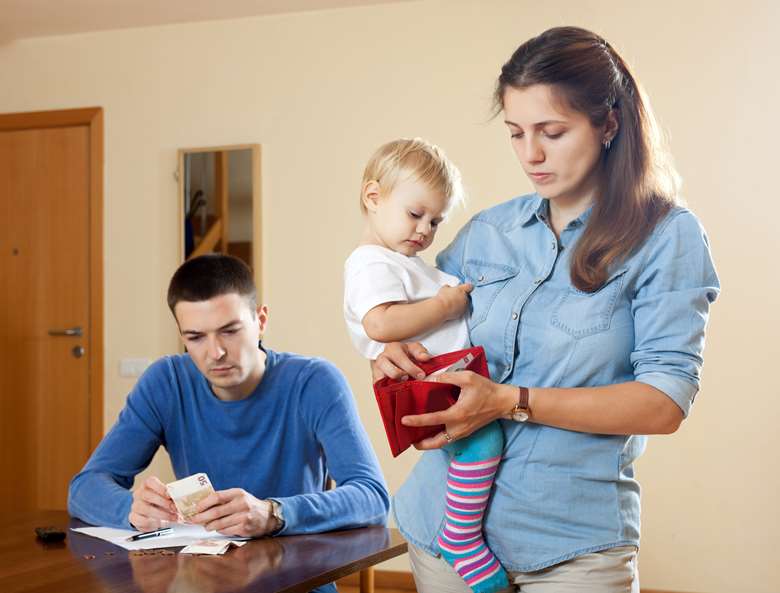Covid local support grant: key facts on extra £160m fund for struggling families
Fiona Simpson
Wednesday, June 23, 2021
Support for families struggling with food and utility costs amid the coronavirus pandemic has been extended.

The Covid local support grant will continue until September in line with the furlough scheme and other pandemic-related support, the Department for Work and Pensions has said.
However, organisations supporting vulnerable children and families have urged ministers to extend support permanently and remove the benefits cap to reduce poverty.
Here, CYP Now explains what the local support grant offers, who is eligible and what the barriers are to receiving support.
What is the Covid local support grant?
The grant was first introduced in December 2020 to fund councils to support struggling families with the cost of food and bills.
So far, the grant has seen £429m distributed to local authorities to support 6.3 million families in England - 92 per cent of this funding has been used to provide essentials, including vouchers for food, heating and for families with children, DWP said.
Why has the grant been extended?
The grant has been extended until September 2020 in line with other support offered during the Covid-19 pandemic such as the furlough scheme.
A further £160m has been added to the fund to cover the cost over the summer.
Minister for welfare delivery Will Quince said: “The new funding extends this lifeline to those most in need in the coming months as we continue to help families back on their feet, including supporting people back into work through our multi-billion pound Plan for Jobs.”
Sector reactions
The sector has welcomed the extension of the grant but is calling on the government to make additional support for struggling families permanent.
Mark Russell, chief executive of The Children’s Society, said: “The government’s Covid Local Support Grant funding provides a lifeline for struggling families, helping them pay for essentials like feeding their children, paying the bills or keeping the heating on.
“Families are still facing the impacts of the pandemic, and this support will provide somewhere for them to turn in times of crisis.
“It is now vital for the government to provide such funding long-term, alongside clear guidance around how that funding should be used. This will allow councils to deliver sustainable and effective support for families when they need it most.”
Benefits cap
Others are calling for the benefits cap to be removed as new figures show that hundreds of thousands of families are missing out on support .
According to the Child Poverty Action Group (CPAG), between March 2020 and February this year, 200,000 families were subject to the benefit cap – 24,000 higher than three months earlier and 122,000 higher than the previous year.
The benefit cap is a limit to the amount of money certain families can receive in benefits. The cap is £20,000 a year for a family, except in Greater London where it is £23,000 for families.
When the cap was introduced in April 2013, the level for a family was £26,000 but it was lowered to the current levels in November 2016. The benefit cap only affects working-age people and families who earn less than £617 a month.
Some 83 per cent of those affected by the cap are families with children, latest figures show.
Meanwhile, 55,000 of those capped were single parents with young children, a group more likely to be working in shutdown sectors.
A briefing by CPAG states that the increase in families was due to both an increase in people who lost their jobs during the pandemic reaching the end of a nine-month “grace period” during which families may receive a higher amount in benefits and the increase in both universal credit and housing benefits introduced as part of Covid-19 support funds.
The report says: “The benefit cap has undermined the government’s own efforts to help low-income families through the pandemic.
“The cap has prevented some families from benefiting from the universal credit uplift, it has restricted the support that insecure workers could access throughout the pandemic and it has now cut benefits to those who lost their jobs at the start of the pandemic while we are still in lockdown.
“Removing the benefit cap would only cost £575 million and have a large effect on deep poverty.”




